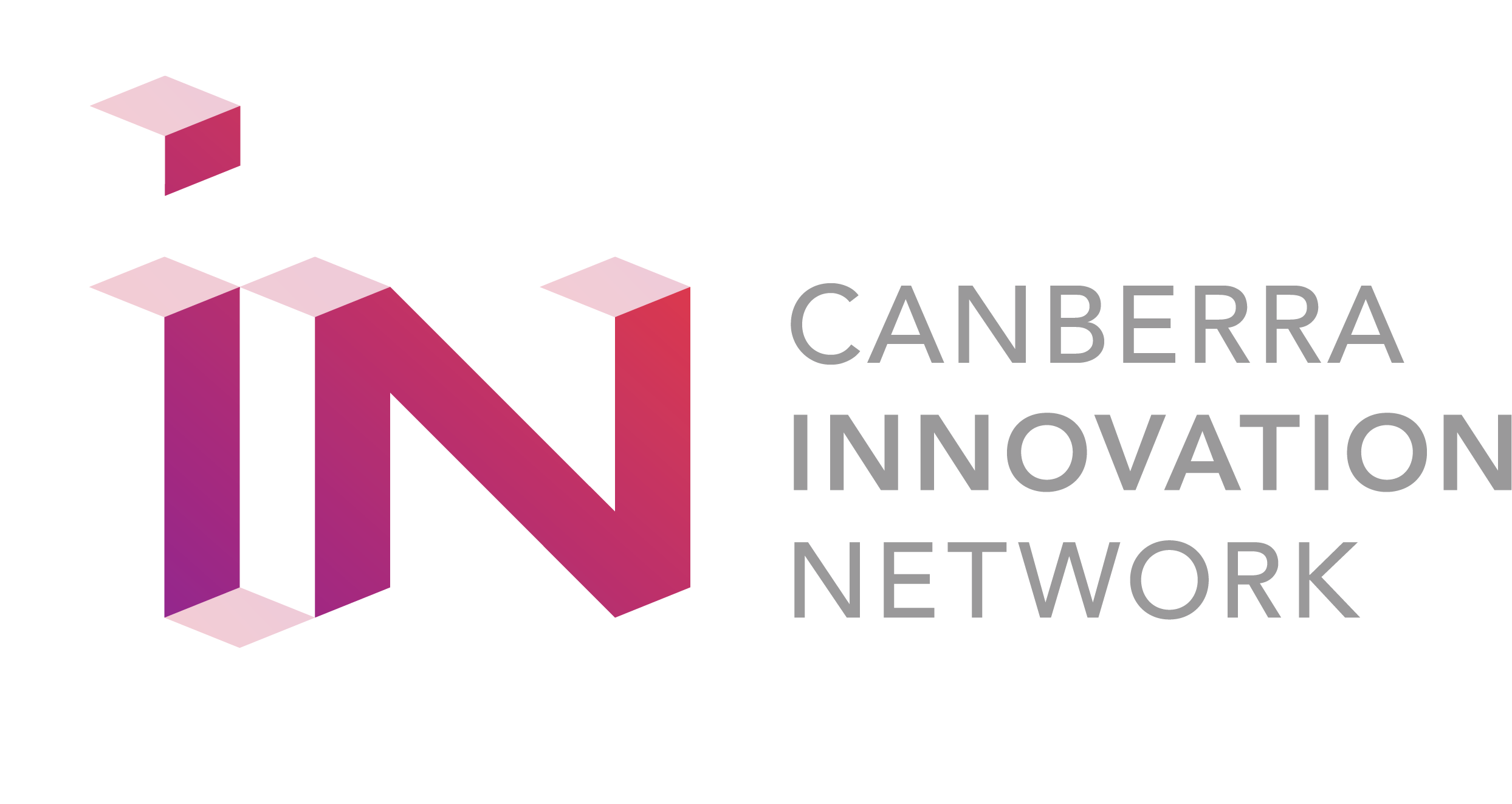- 21 May 2020
- Posted by: Canberra Innovation Network
- Category: Event News

Global hackathons enable people from different cultural and professional backgrounds to come together to solve pressing challenges. Delivered fully online, these events have become more accessible and more collaborative than ever.
Openhack Hack4Future 2020 Australia held last month globally out of Canberra, focused on innovative solutions for coronavirus spread tracking, bushfire risk management and smart cities. This online global hackathon, sponsored by ANU Research School of Physics and Rotaract Brindabella Club, had over 200 participants from 40 countries worldwide.
The winning solutions were judged by an international judging panel comprised of representatives from the Canberra Innovation Network (CBRIN), Future Postion X from Sweden and Waves Platform from Russia.
Plague.Inc took out the Global Changemaker award which was judged by CEO of Canberra Innovation Network, Petr Adamek.
“The current solutions implemented by governments for tracing the coronavirus are reliant on the community’s cooperation and are still not effective in actively tracing locations and have issues regarding privacy. Our solution uses the data already available of people’s locations from telecom providers. This data would be completely anonymised and only contain the location time data linked to a hashed phone number,” said Plague.Inc team member, Kriti Tripathi in an interview with Future Position X.
She continued, “We are eager to continue working on our solution and creating awareness of the viability of this solution. Because our solution can be easily applied for any sort of crisis for governments, if it can be realised, it does make a change globally.”
Winners have won the opportunity to continue to develop their project through CBRIN’s Idea to Impact workshop series and mentoring support.
As part of Openhack Hack4Future 2020, workshops were delivered focusing on blockchain, cloud technology, smart cities, React Native & Expo technologies, APIs and offerings of location services.
CEO of Openhack Monika Lionaite has organised, hosted, attended, sponsored and mentored in many hackathons across the globe. Openhack 2020 Australia is the social impact business she founded when making the move from Stockholm (Sweden) to Canberra.
“This is about building bridges in the accelerating and disruptive global gig economy, where purpose-driven business thrives because it responds to community needs,“ she said.
Currently conducting research for UNESCO Learning Cities, where the key objective is the facilitation of lifelong learning, Monika believes that hackathons should be recommended by UNESCO as a way to facilitate lifelong learning in communities worldwide.
A participant’s mindset and intention are crucial to the outcomes for a hackathon. Through her many event experiences, Monika has witnessed more collaboration and openness for testing new ideas in the community-driven hackathons with challenges to which solutions would help to give back to the community when implemented.
“If it is purely driven only by the monetary value and no passion, excitement and purpose in actually helping the community, there is less participation and knowledge sharing among the participants involved because everyone sees each other as competitors and remain closed with their own ‘know how’s,” she said.
This applies for the judges and mentors too. The knowledge sharing through the experience creates high value for anyone involved in the event, regardless of the prize results.
“Open innovation applied via (global) hackathons or challenges that activate crowds to generate entirely new solutions are faster and create more diversity in approaches to problems that are too pressing or difficult to tackle by the traditional enterprise,” said Petr Adamek, CEO of CBRIN.
“The Canberra Innovation Network is very fortunate to be working with organisations that are passionate about finding innovative solutions to large challenges and are seeking help from our community to do so. Initiatives that are future proofing Australia’s borders such as the Biosecurity Industry Innovation Challenge, or seeking better ways to manage water in the agrifood sector as the H2O Hack, are just some examples of the way our ecosystem’s entrepreneurs, researchers, and creatives can make a great impact on how we shape the world around us.”
Interested in getting involved with hackathons? Find out more about the Biosecurity Industry Innovation Challenge and H2O Hack on our events page.

